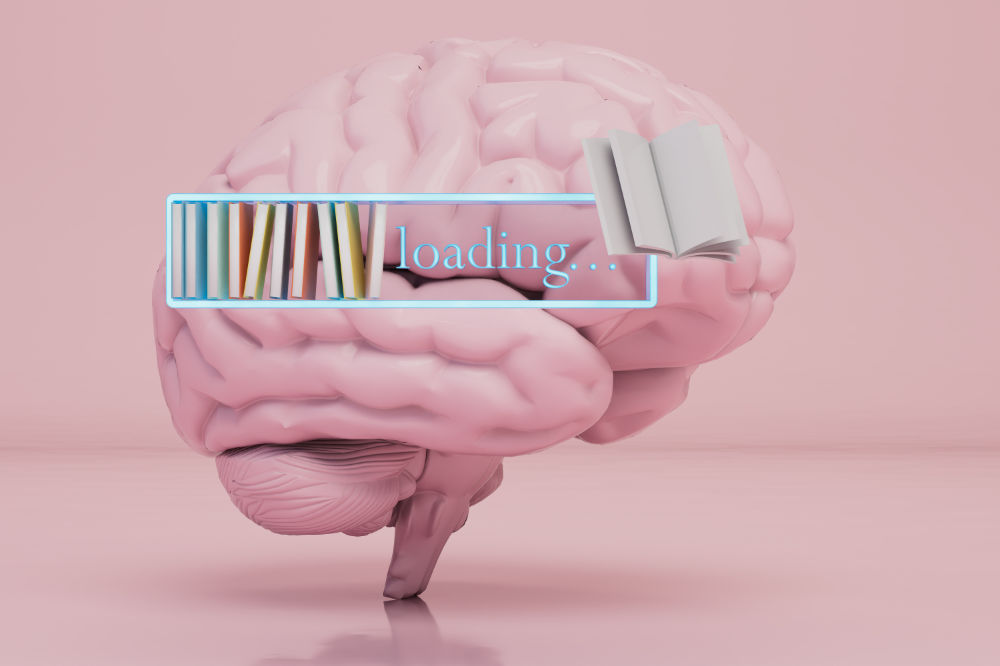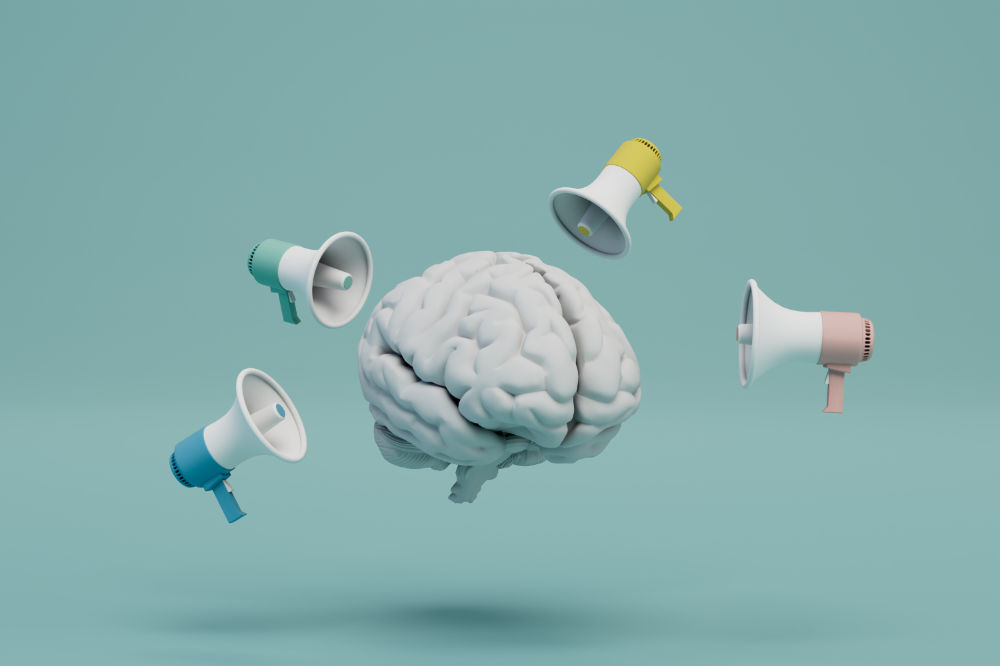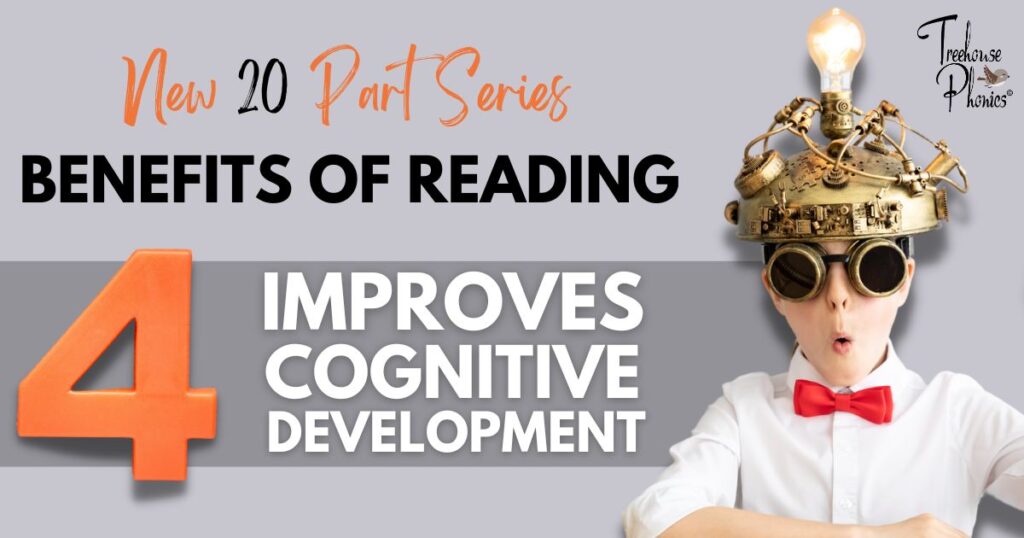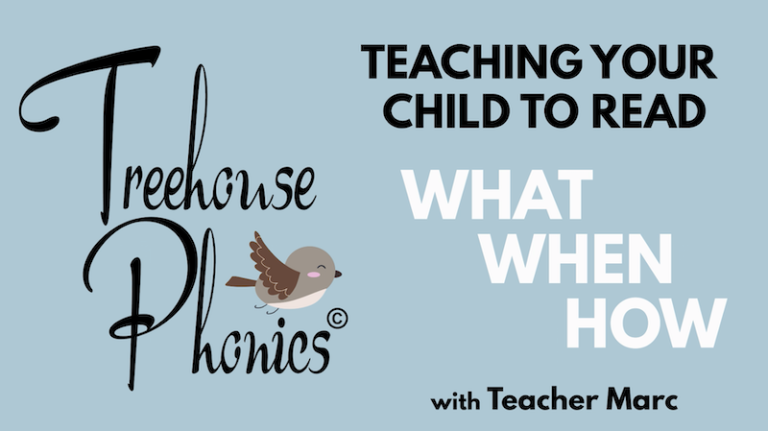It’s time to explore another oustanding reason in our benefits of reading. This article focuses on how reading improves cognitive function. We’ll explore a few examples of how reading stimulates the brain and give it a fantastic workout!
Strengthening neural connections

Every time you lift a thought off of the written page, your brain has a host of decisions to make and there are a few questions that need to be answered. Some of these involve recognizing the text itself and drawing from a pool of previously mastered vocabulary to make sense of the context. Just the mechanics alone of reading required the eyes to track text and remained focused at all times.
Punctuation plays a big role in comprehension and your brain is taking note of the pauses, full stops, question marks, and exclamation marks with each sentence. A proper sentence should convey a thought and your brain needs to decide if this thought is a vital piece of information, a satirical entry, a powerful plot revelation, or merely a connective thought that blends one location landscape into another.
Your brain kicks into overdrive when you come across a word you don’t recognize and you resort to a host of behind-the-scenes detective skills to make sense of it either through context or breaking down the origin of the word. That, might friends, is some serious neural activity! Those connections are firing away and creating new pathways every time you open a book.
Enhancing memory

The younger version of myself did not enjoy reading. One of the main reasons was that I could not retain vital information and the characters often bled into each and got lost in the narrative. Trying to remember who was who in a murder mystery novel would have given me a solid F- on the detective exam.
Think of what your memory has to absorb, sort, and recall to make reading a worthwhile and pleasurable experience. You are required to remember characters, plot lines, descriptive scenes, and anything else that binds the story being told. As you sharpen your memory skills when reading, think of how this translates to real-life scenarios where you are given verbal instruction or need to remember a step-by-step process in a manual thick enough to shield you from gunfire. READ! You may never forget where you left your keys again.
Increasing vocabulary

I’m not talking about old Shakespearean English. Just an increased exposure to words and language in a context you might never have thought of. Have you ever listened to someone speak and the words they choose seem to perfectly fit the narrative? Often times our reaction is to assume that they are avid readers and most of the time, your assumption is correct.
Our daily conversations will only get us so far. We get comfortable over time with the same verbal exchange and if others around us feel the same way, expanding our vocabulary range will need to come from a separate source. What better source than books? Intelligently written novels and even cleverly penned children’s books can expose you to new words that you can begin to use in any applicable context.
Remember that a broader range of vocabulary allows you to better articulate your wants, needs, and desires. Do you want people hanging off of your every word? Choose the best words and the ears will stand at attention.
Improving critical thinking

When we are exposed to different perspectives and ideas we may need to kick our critical thinking into high gear. We live in an era of information overload and it seems like everyone has an opinion, solicited or not. Unfortunately, it has never been more apparent that to be a truly informed and educated consumer, we need to develop what I call the BS-o-meter. Basically, what is truly accurate vs what needs to be flushed down the toilet.
As your child grows older, they will be asked to support or defend a perspective they’ve read about in their assigned reading. Even something as simple as whether Goldie Locks should have eaten the porridge, sat in the chairs or slept in beds that didn’t belong to her. At this point, your brain will need to evaluate information, think critically, and make more informed decisions. Good books will help you practice that skill over and over again!
Enhancing focus and concentration

Reading requires sustained attention and focus. Ever find yourself reading in auto-pilot mode and after two or three paragraphs, you realize that you haven’t retained a single thought? Now you have to go back and read the passages again! This is an excellent example of what is involved besides the mental muscle memory of reading one word after another. Comprehension and memory skills need to be firing on all cylinders to absorb the author’s thoughts or instructions. This carries over into the art of conversation and learning to listen attentively when someone speaks. While your focus and concentration improve with reading, other aspects of your social life will improve. Your input in any conversation or written communication will be taken more seriously when the other party feels that their words were received considerately and with respect. This is greatly enhanced by the discipline it takes to remain focused when we read.
Reducing cognitive decline

Use it or lose it. Whether it’s our high school French or the home gym rusting away in the garage. If we don’t regularly stimulate our brain and mind, there is a strong possibility that certain functions will begin to digress and eventually shut down. I certainly don’t claim to be a neural scientist of any sort but the research in this regard stacks clear to the heavens and proved that a mind that continues to stay active and alert past retirement age has a far better chance of avoiding a gentle or even aggressive slope into cognitive decline. We discussed what is involved in the simple act of reading. The critical thinking, memory skills and focus alone make reading, a Dwane ‘the Rock’ Johnson workout for the brain. You can flex those neural muscles clear into your 80s and 90s and one of the best ways of doing this is to read from youth and never stop. There is no shortage of great books out there.
Final thoughts
You may have felt that our discussion focused on reading as adults and I highly encourage you to keep doing so but I want to stress that the longer we can travel this road, the greater the benefit. Getting your children to read as early as possible can jumpstart immediate improvements in cognitive development, imagination, creativity, social and emotional development, and knowledge acquisition. While cognitive decline may not be the thing we attribute to youth, some studies have shown that a decline in cognitive function, similar to what we see in many elderly ones has also been observed in adolescence. What better reason to start ASAP!
Having trouble knowing how to get your child to form a love of reading or knowing what to teach or how to teach reading in your homeschool? As luck would have it, you are already in the right place. Help has finally arrived! Click HERE or on the program tab in the menu to find out more and check out the link to my free course below. Until next time! Keep that homeschool thriving!



